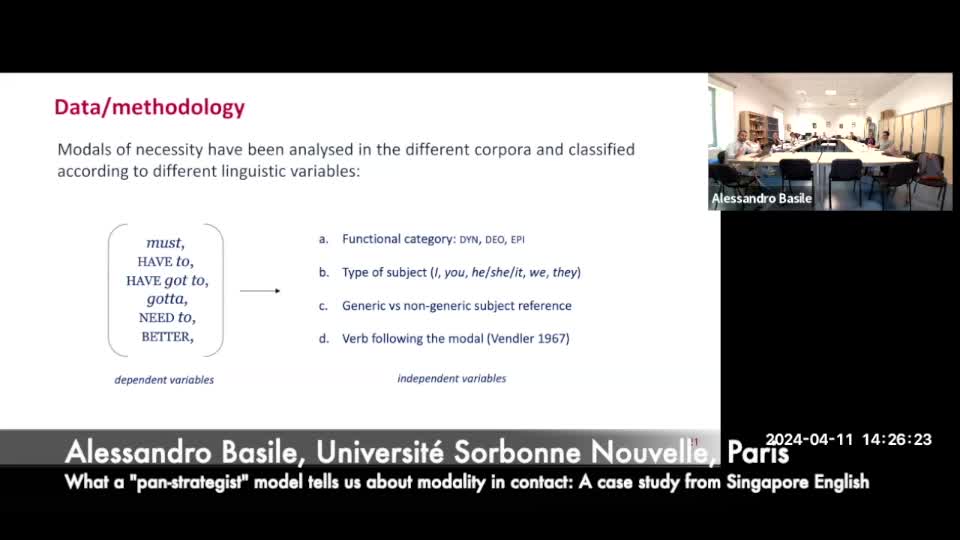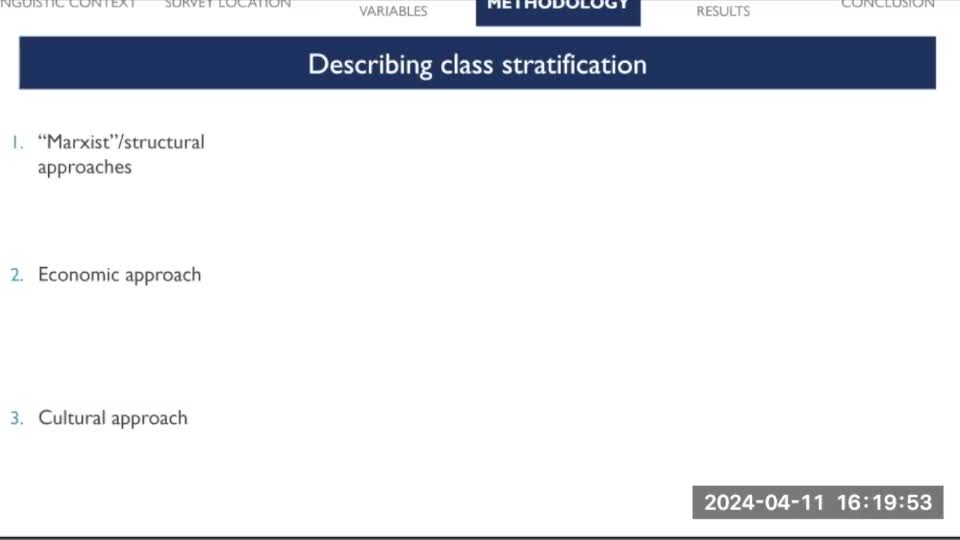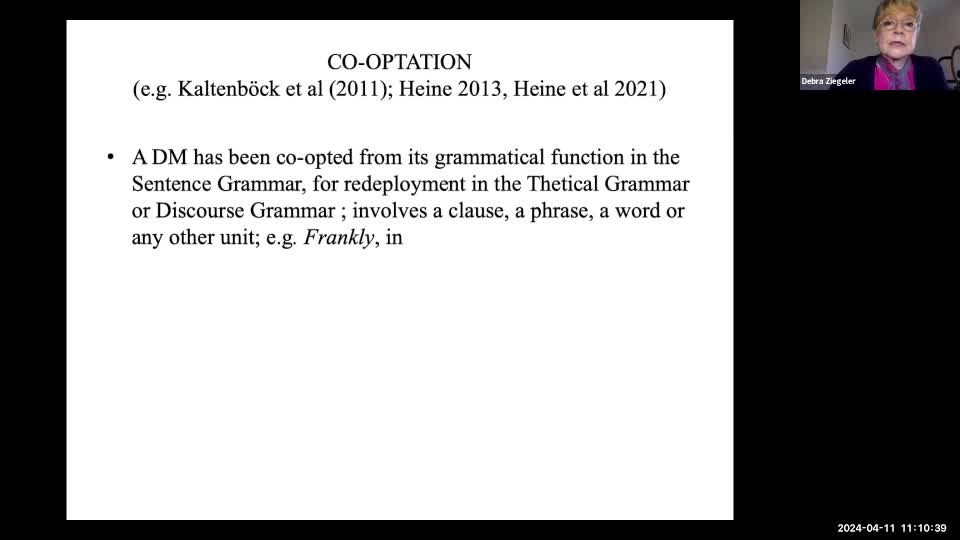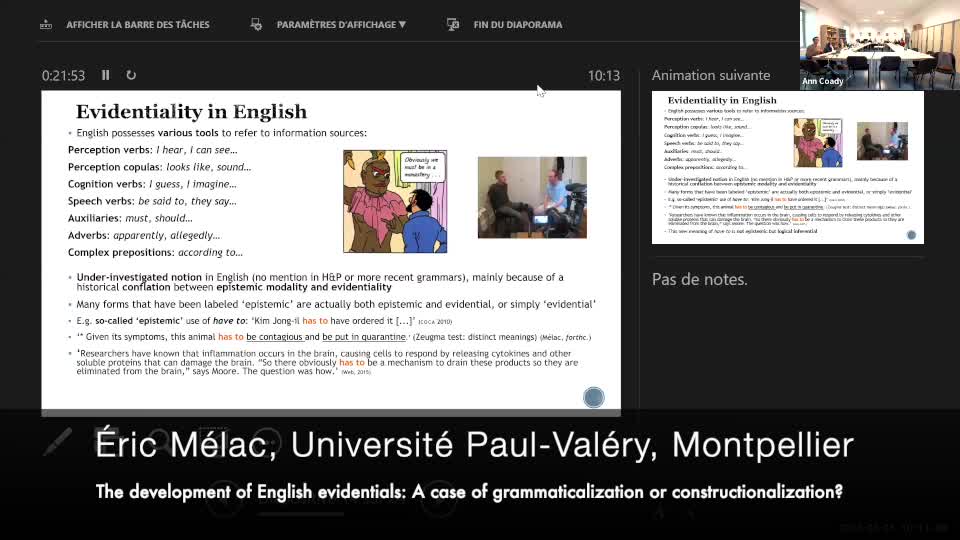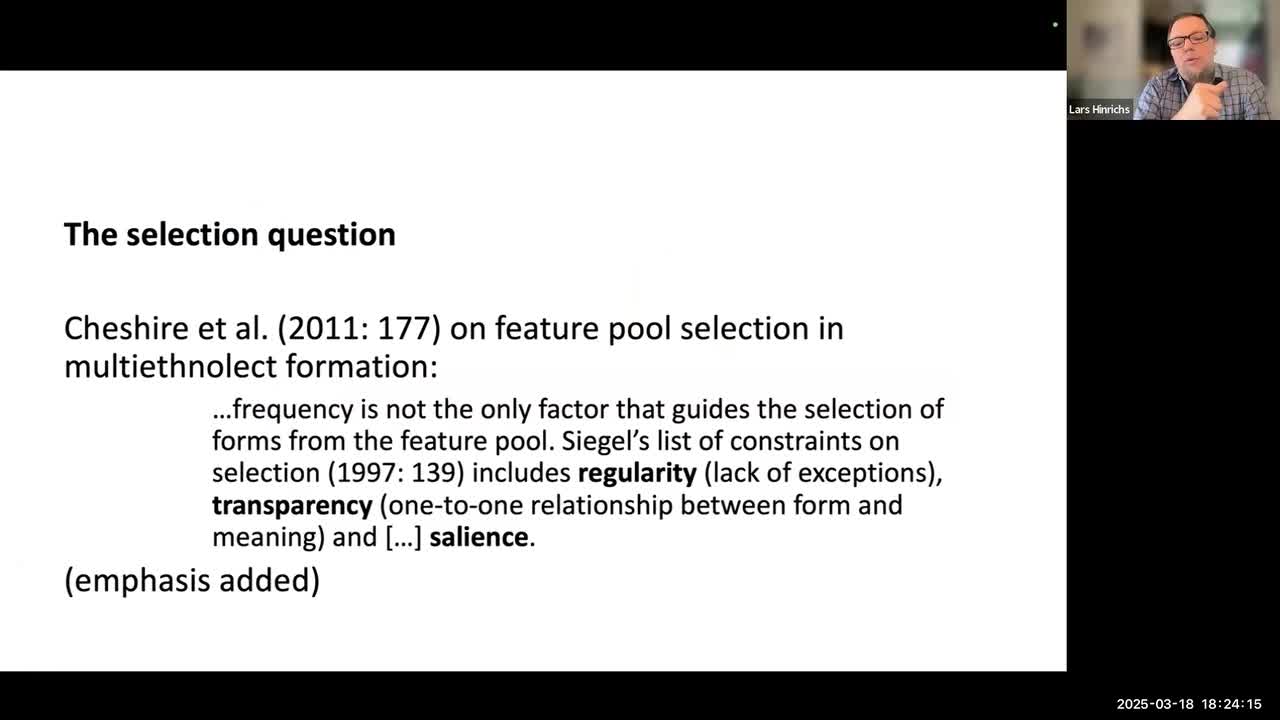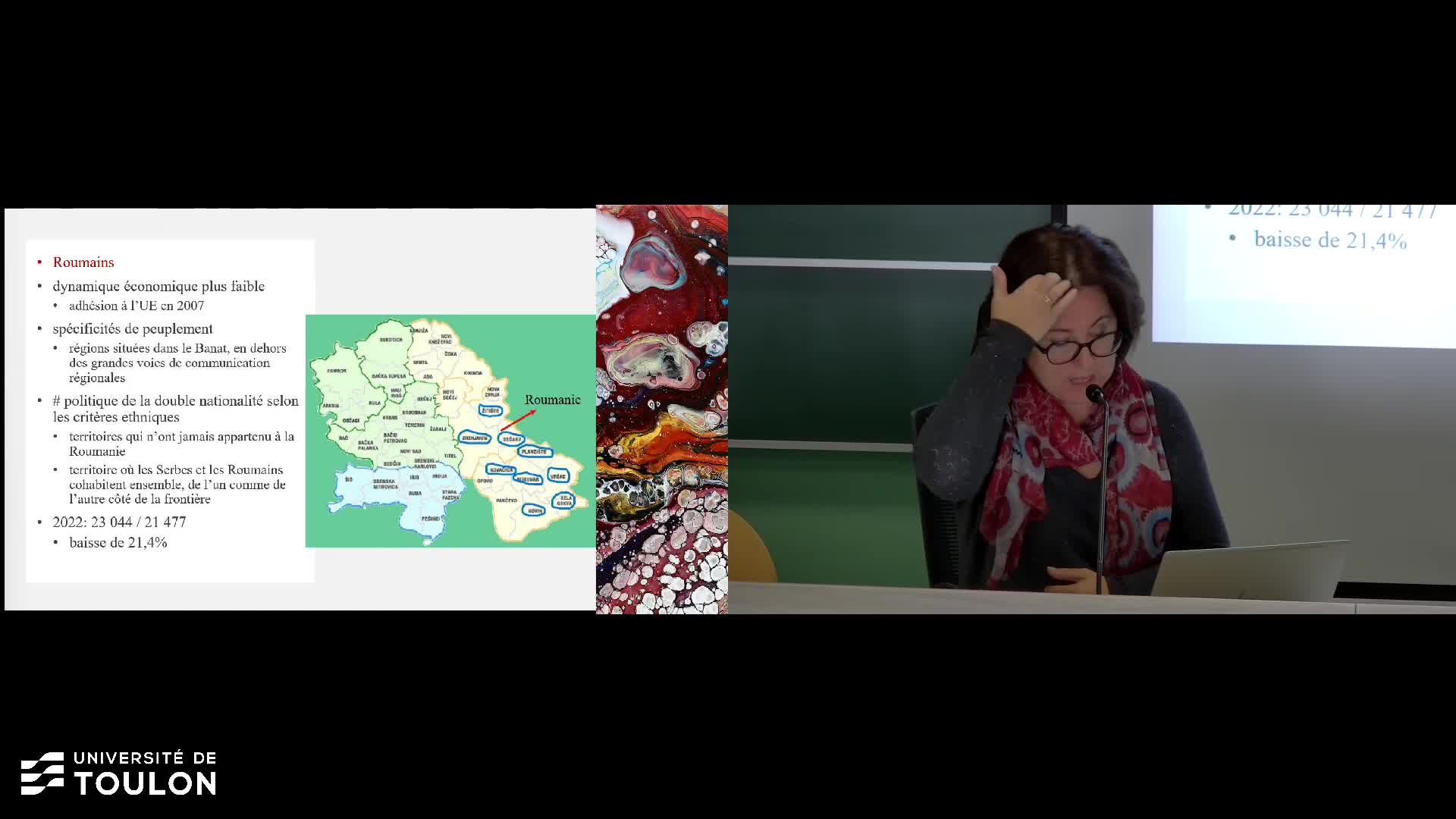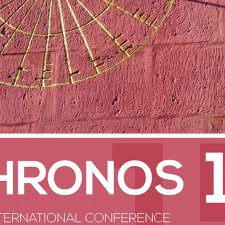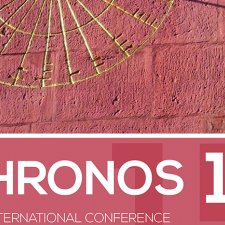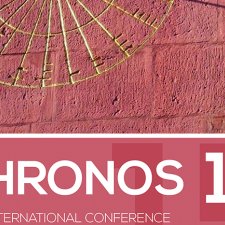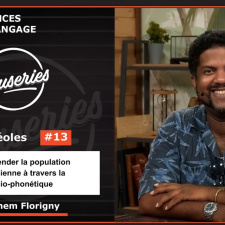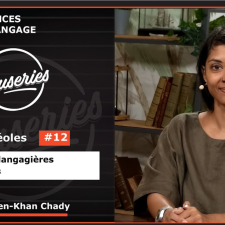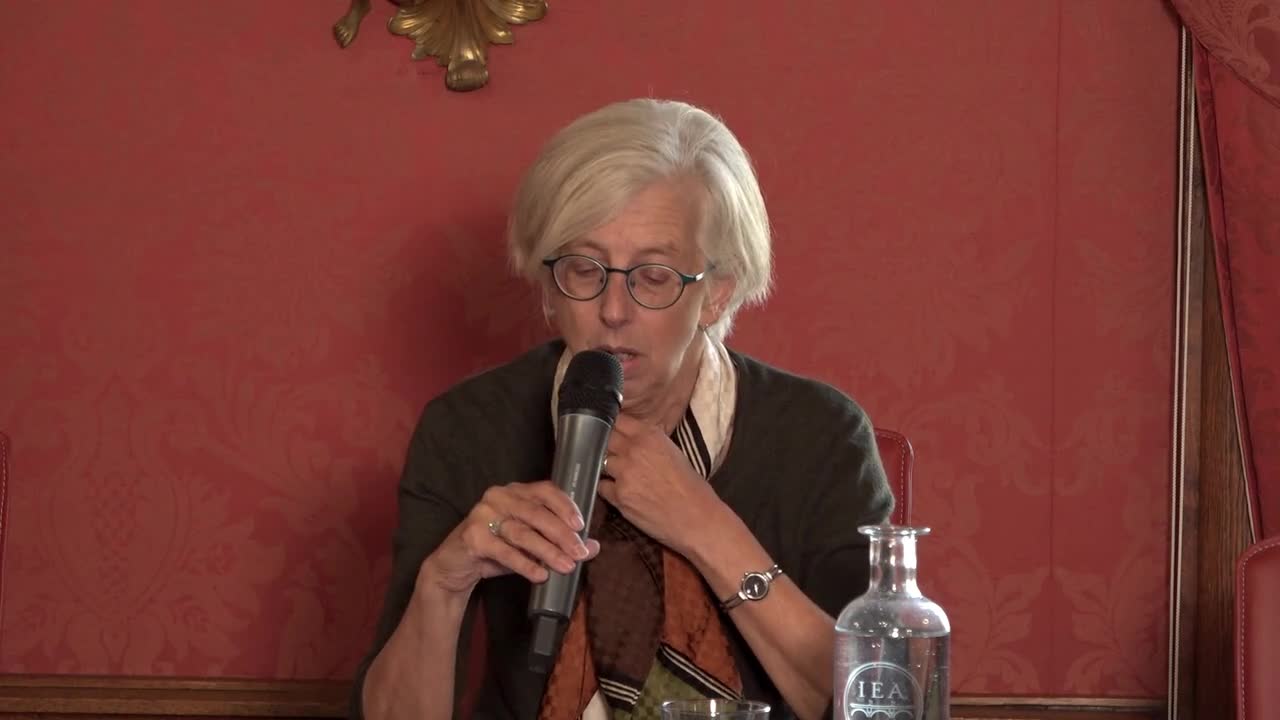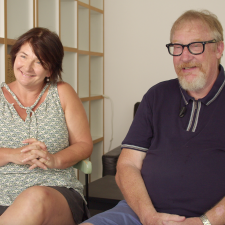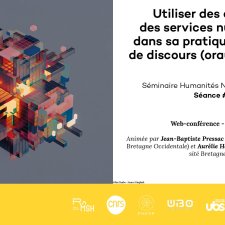Notice
"Double modal constructions in Australian and New Zealand English: A computational sociolinguistic survey", Cameron MORIN, ENS Lyon
- document 1 document 2 document 3
- niveau 1 niveau 2 niveau 3
Descriptif
In this presentation, I report the first large-scale corpus study of double modal usage in Australian and New Zealand Englishes, based on a multi-million-word corpus of geolocated automatic speech recognition transcripts from YouTube. Double modals are considered rare grammatical features of English, which have long been extremely difficult to observe in natural language due to low frequencies, non-standardness, and restriction to oral speech registers. In addition, it has generally been assumed that they make up small sets of diachronically related forms, whose geographical distribution is mainly restricted to the Southern US and the North of the UK. Our results challenge these long-standing assumptions by presenting the first inventory of double modals observed outside of these regions, thanks to computational sociolinguistic methods. I discuss these results in light of recent theoretical research aiming at modelling social meaning and sociolinguistic variation in Construction Grammar, arguing that computational sociolinguistic approaches to dialect constructions such as double modals (see also Morin & Grieve 2024; Morin et al. fc.) constitute a fruitful avenue for the future of this cognitive linguistic framework.
References
Morin, Cameron & Jack Grieve. 2024. The semantics, sociolinguistics, and origins of double modals in American English: new insights from social media. PLOS One. https://journals.plos.org/plosone/article?id=10.1371/journal.pone.0295799
Morin, Cameron, Guillaume Desagulier & Jack Grieve. 2024In press. A social turn for Construction Grammar: double modals on British Twitter. English Language and Linguistics. https://doi.org/10.1017/S1360674323000576
Intervention / Responsable scientifique
Dans la même collection
-
"What a “pan-stratist” model tells us about modality in contact: A case study from Singapore Englis…
BasileCarmelo AlessandroThis talk aims to explore the development of a set of modal constructions of necessity and strong obligation, namely must, have to, (have) got to, gotta, need to, and better, in the contact variety
-
"Investigating the social meaning of language variation in the US South: Epistemological elements o…
BrunetMarc-PhilippeDuring this talk, I question the significance or relevance of using the different methodologies and epistemologies of the three “waves” of sociolinguistic research (following Eckert (2012)’s
-
"Can co-optation be replicated in contact? English final discourse particles in New Englishes", Deb…
ZiegelerDebraThe study of New English contact dialects has often referred to extensive borrowings from substrate languages, which include discourse markers, a category that Heine (2018: 43) referred to as amongst
-
"The development of English evidential markers: A case of grammaticalization or constructionalizati…
MélacÉricThis paper aims to discuss the competing frameworks of grammaticalization and Diachronic Construction Grammar (henceforth DCxG) by examining which framework would better account for the development of
Sur le même thème
-
“Cultural Contact and New Dialect Emergence in Large Cities: From Ethnolects to Multiethnolects”, L…
HinrichsLarsIn at least two different locations, London and Toronto, diasporic Jamaican Creole has developed through four successive sociolinguistic stages. Drawing on findings from my research on Toronto
-
"Investigating the social meaning of language variation in the US South: Epistemological elements o…
BrunetMarc-PhilippeDuring this talk, I question the significance or relevance of using the different methodologies and epistemologies of the three “waves” of sociolinguistic research (following Eckert (2012)’s
-
"What a “pan-stratist” model tells us about modality in contact: A case study from Singapore Englis…
BasileCarmelo AlessandroThis talk aims to explore the development of a set of modal constructions of necessity and strong obligation, namely must, have to, (have) got to, gotta, need to, and better, in the contact variety
-
Une région qui pose des défis aux notions de territoire et de frontière : la Voïvodine (Serbie)
DjordjevićKsenijaLa situation géopolitique actuelle met au cœur de l’actualité la notion même de territoire et la pluralité des modes de rapport d’une population à son territoire, imposant de revenir aux fondamentaux
-
Narrating in a radically tenseless language
BertinettoPier MarcoThe activity of narrating is a fundamental element of social cohesion and is inherently based on the temporal dimension in which human events are couched. Furthermore, an events’ narration is
-
Harry Potter and the cross-linguistic semantics of tense and aspect
SwartHenriëtte deStories are typically told in the past tense, but next to narrative discourse, novels sometimes contains dialogue parts, as in the following example from J.K. Rowling’s (1998) novel Harry Potter and
-
Topics in aspectuo-temporal expression in Anindilyakwa
BednallJamesThis presentation examines temporal and aspectual expression in Anindilyakwa, a language whose inflectional verbal system displays both a complex morphological makeup, and a largely underspecified
-
Langue et culture créoles : Appréhender la population mauricienne à travers la socio-phonétique
ChadyShimeen-KhanFlorignyGuilhemLangue et culture créoles #13 - Appréhender la population mauricienne à travers la socio-phonétique
-
Langue et culture créoles : Pratiques langagières des jeunes
GeorgerFabriceChadyShimeen-KhanCauseries Sciences du langage - Langue et culture créoles #12 - Pratiques langagières des jeunes
-
Quelle sociolinguistique critique, il y a 20 ans et aujourd’hui ? │ 04 octobre 2023, Paris
HellerMonicaConférence de Monica Heller │ Quelle sociolinguistique critique, il y a 20 ans et aujourd’hui? │ CNRS - Langues et Civilisations à Tradition Orale (LACITO) - SEDYL - Sorbonne Nouvelle
-
Bruce and Cate talk about la Maison Suger
CurtisBruceCurtisCateBruce and Cate Curtis talk about their stay at la Maison Suger
-
Séminaire HN 2022 #1 - Utiliser des outils et des services numériques dans sa pratique d’analyse de…
LedegenGudrunAdamCatherinePlaudCécileJacobsonMichelOrganisé par la Maison des sciences de l’homme en Bretagne depuis 2014, le séminaire Humanités numériques prend cette année la forme d’un cycle de trois séances qui propose une réflexion sur les


